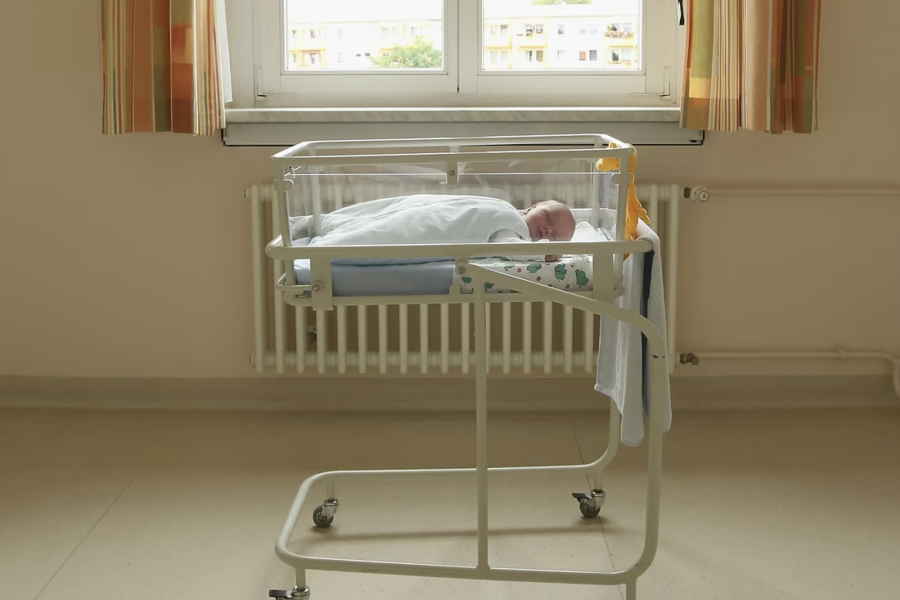The Atlantic What happens when everyone first gets immunity to the coronavirus as a very young kid?
To be a newborn in the year 2023—and, almost certainly, every year that follows—means emerging into a world where the coronavirus is ubiquitous. Babies might not meet the virus in the first week or month of life, but soon enough, SARS-CoV-2 will find them. “For anyone born into this world, it’s not going to take a lot of time for them to become infected,” maybe a year, maybe two, says Katia Koelle, a virologist and infectious-disease modeler at Emory University. Beyond a shadow of a doubt, this virus will be one of the very first serious pathogens that today’s infants—and all future infants—meet.
Three years into the coronavirus pandemic, these babies are on the leading edge of a generational turnover that will define the rest of our relationship with SARS-CoV-2. They and their slightly older peers are slated to be the first humans who may still be alive when COVID-19 truly hits a new turning point: when almost everyone on Earth has acquired a degree of immunity to the virus as a very young child.
That future crossroads might not sound all that different from where the world is currently. With vaccines now common in most countries and the virus so transmissible, a significant majority of people have some degree of immunity. And in recent months, the world has begun to witness the consequences of that shift. The flux of COVID cases and hospitalizations in most countries seems to be stabilizing into a seasonal-ish sine wave; disease has gotten, on average, less severe, and long COVID seems to be somewhat less likely among those who have recently gotten shots. Even the virus’s evolution seems to be plodding, making minor tweaks to its genetic code rather than major changes that require another Greek-letter name.

Excellent information … glad to know you guys are still updating us on this dangerous virus .
Thanks for your feedback, we love to hear from our readers